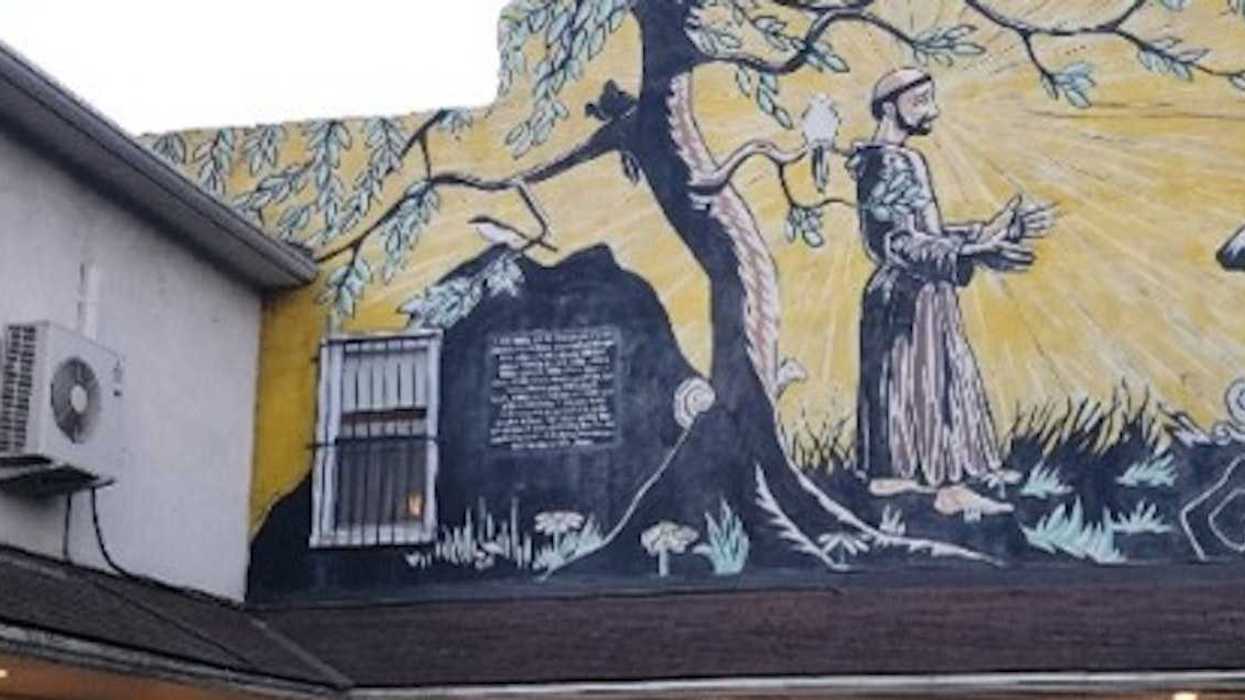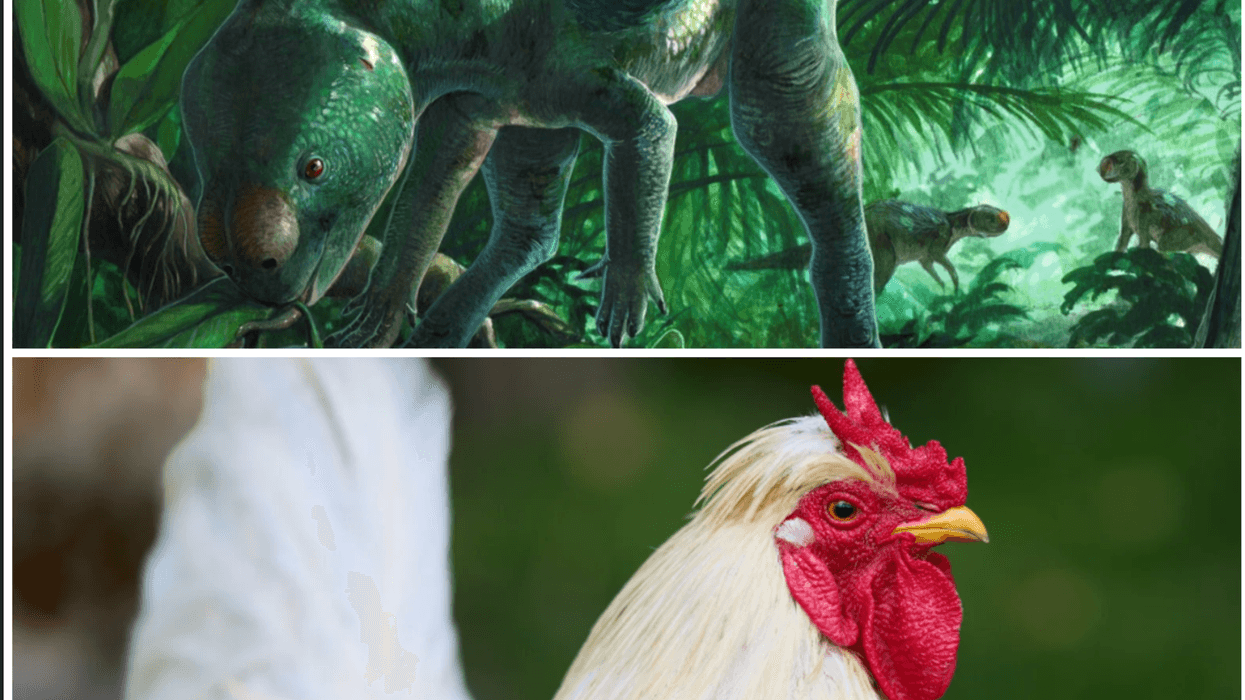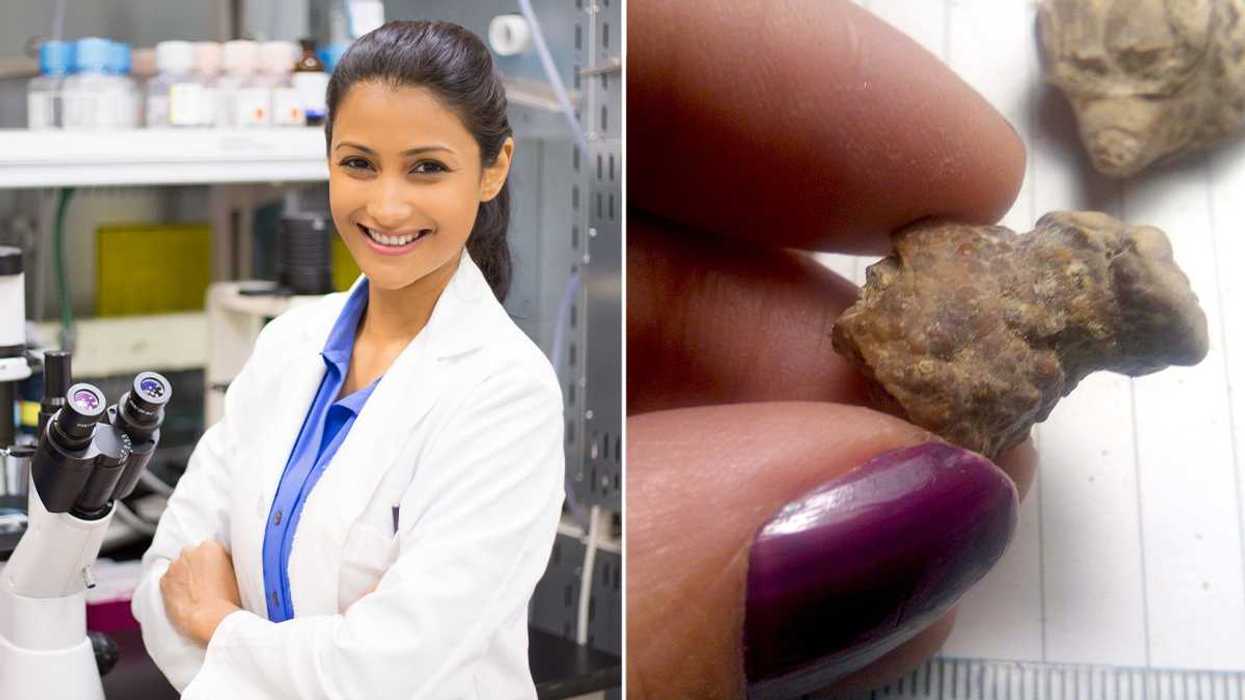Interviews from the Alliance of Youth Movements summit: Oscar Morales.From Obama's campaign fundraising to the election protests in Iran, we've all heard that Twitter and Facebook are rewriting the rules of public engagement. Guest blogger Erin Mazursky talked to participants at the Alliance of Youth Movements summit in Mexico City to find out how the nonprofit leaders of tomorrow are using technology.Oscar Morales is one such leader. In January of 2008, he created a Facebook group called "Un Million Voces Contra Las FARC (One Million Voices Against the FARC)." One month later, he was organizing a 12-million person, 200-city protest against Colombia's violent guerrilla group. Mazursky talked to Morales about kidnappings, the importance of timing, and what makes this generation different.ERIN MAZURSKY: You got 12 million people to turn out around the world to protest the violence of the FARC using Facebook. That's a pretty huge turnout. How did you do it?OSCAR MORALES: The biggest thing was timing. We as Colombians have been attacked by the FARC for 40 years, and no one has said anything. It was due time. I got the idea to launch a Facebook group around the emerging story of Clara Rojos, who had been kidnapped by the FARC in 2002 and given birth to a son while in captivity. We couldn't believe that they kept the child and the mother inside the jungle. In 2007 FARC announced the liberation of Clara and her son. But they lied. Emmanuel had been abandoned in a clinic two years earlier. When the country found this out, the anger was uncontrollable.As this story was unfolding, I decided to launch a Facebok group on January 4th called "Un Million Voces Contra las FARC" with the message "No more kidnapping. No more death. No more FARC." By January 5, we already had 2,000 members. By the 6th, we had 4,000.We just kept growing exponentially, and we soon realized we needed to take the momentum from the internet to the streets. We were able to find volunteers in 200 cities around the world to organize marches.EM: What was it like on the day of the march?OM: It was such a magical day. We were tired and fed up with violence. It was like a national party of solidarity. It wasn't happy, but people were marching for peace with their families, dogs, cats. It was a celebration of peace and freedom without forgetting that people are dying in the jungle.EM: So all of that happened almost two years ago. What now?OM: Because of the incredible turnout, we gained a lot of respect and recognition from other groups, particularly around that region. Now we have formed the One Million Voices Foundation which works to give youth ways of engaging in civil society and making Colombia better so they don't take up arms and join the FARC. We have also joined forces with youth in Bolivia, Cuba, and Venezuela who deal with the same kinds of issues in their countries.EM: What do you have in common with the other participants at the summit?OM: A lot. It's very rewarding to know that we're not alone-that we have the same passion and activism and desire for freedom as others around the world.EM: Do you feel like there is something different about this generation than generations past?OM: My father and mother could never have imagined that they would be able to talk to people in Northern Ireland, Tokyo, Australia. Now all we need is internet access, and thank God access is available to more and more people every day.Erin is a proud member of the Millennial generation, an independent nonprofit and political consultant, a fellow at the Truman National Security Project, and a contributor to the GOOD column Canapés and Kalashnikovs.
Search
Latest Stories
Start your day right!
Get latest updates and insights delivered to your inbox.
We have a small favor to ask of you
Facebook is critical to our success and we could use your help. It will only take a few clicks on your device. But it would mean the world to us.
Here’s the link . Once there, hit the Follow button. Hit the Follow button again and choose Favorites. That’s it!
The Latest
Most Popular
Sign Up for
The Daily GOOD!
Get our free newsletter delivered to your inbox
















 Otis knew before they did.
Otis knew before they did.